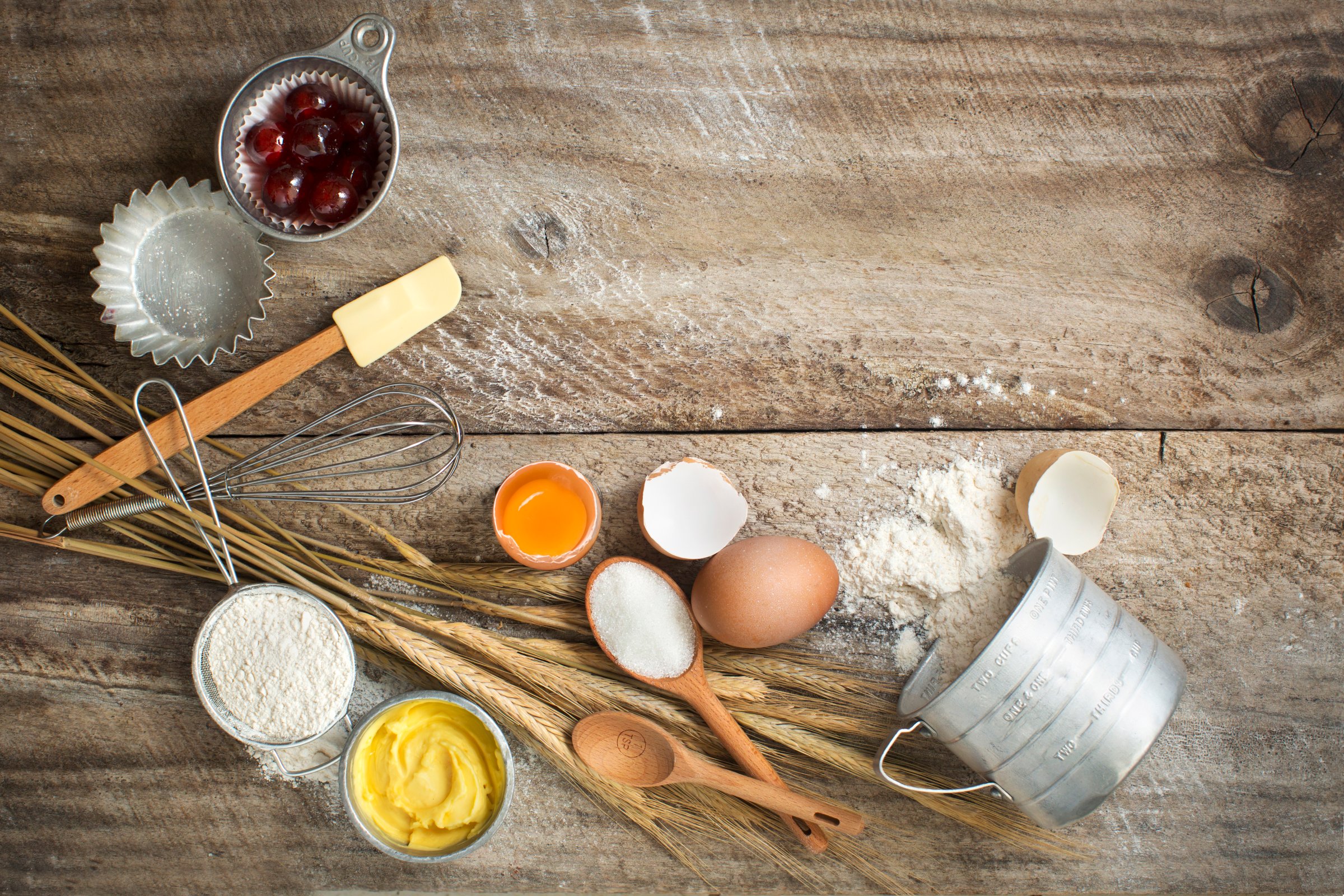
Teaching people to become better home cooks and to better enjoy their food with family and friends is one of my biggest passions. Much of what I do as a television host and cookbook author revolves around this philosophy. Eating should be pleasurable and approached with a positive state of mind and with great anticipation. Eating is how we nourish our bodies, mind and soul—and we do so better in the company of others.
I often get letters and emails from my viewers asking, “What is the single biggest thing I can do to improve my cooking?” Well, there is not one answer to this—there are many! So I’ve compiled 7 items below that will make anyone a better home cook. As I like to say on my show, Tutti a tavola a mangiare: Everyone to the table to eat!
1. Respect the seasons.
The quality of the ingredients you use is the essence of good cooking. Items chosen in season taste best, are more affordable and offer greater nutrition. The best way to get produce in season is to shop at community farmer’s markets – where the farmers come to sell their products themselves. To make sure something is fresh, touch the produce you buy to make sure they are perfect. Artichokes, which are best in May, should squeak between the fingers. String beans, in-season in mid-summer, should snap when bent. Eggplants, in-season later in the summer, should be firm and shiny.
2. Taste as you go.
Test your food as you’re cooking often, to ensure there are no surprises when your dish is finished. Mellow out too much seasoning with dairy or butter. Add honey to balance spices. If you accidentally added too much salt, you could either add more of all the other ingredients, which will dilute the percentage of salt in the dish, or if you are cooking something in a liquid (like a soup or sauce), try adding a peeled, raw potato and cook for a short time to draw some of the salt out. You can correct just about any flaws before the meal is on the table.
3. Add flavor at the end of cooking.
We all love the flavor of butter and olive oil in our foods, and we usually begin the cooking process with them. But to maximize that flavor, save most of the butter or oil to add at the end of the cooking process since heat dissipates flavor. Grill bread first and then add the oil after, or add butter to pasta or vegetables after they have been cooked, for example.
4. Keep it simple.
Just because a recipe is complicated doesn’t mean it is inherently better. Develop a repertoire of simple dishes that highlight authentic flavors of the ingredients—you’ll save time without skimping on taste. One of the simplest, yet most flavorful dishes I make is Cacio e Pepe. Drain 1 pound of cooked pasta, toss it in a warm bowl with grated pecorino cheese, a few tablespoons of the pasta cooking-water, some good olive oil and lots of coarsely-ground black pepper. It is the ultimate in simplicity yet packs a wallop of flavor.
5. Keep an eye on the temperature.
It’s a fundamental skill. The heat applied in cooking is critical to the success of a dish, as the texture – crisp, charred, moist, soft, crunchy, viscous, dry, soupy – is determined by heat. Never underestimate the importance of a good cooking thermometer. It could make the difference between perfectly cooked chicken thighs and a dry, overdone bird.
Read more: How to Save Time and Money—And Still Eat Healthy
6. Make items ahead, in batches.
Though it is available in stores, I suggest that you cook up a big pot of stock on the weekend and keep it in reserve for when you are making soups and sauces. I like to freeze stock in ice cube trays and store in a plastic bag. Or take fresh herbs from your garden, put them in an ice cube tray, fill with water and freeze like that. This way, I can grab a few cubes when needed. I also make a big batch of pesto with fresh basil in the summer and freeze the same way, to use in soups and sauces in the middle of winter.
7. Please the senses.
Eating is a sensory experience, first experienced by the eyes. So when plating food, think about how to make food look appealing. Use plain white plates, especially when the food is dark or complicated. After the eyes, the nose is the next sense to experience food. So make sure the only aroma in the kitchen is of the food. Don’t burn scented candles, or wear heavy perfume, when cooking or serving food.
Lidia Bastianich is an Emmy award-winning public television host, a bestselling cookbook author, owner/co-owner of six restaurants including Felidia in NYC, and co-owner of the Italian marketplace, Eataly. Her newest book is Lidia’s Mastering the Art of Italian Cuisine.
More Must-Reads from TIME
- Inside Elon Musk’s War on Washington
- Why Do More Young Adults Have Cancer?
- Colman Domingo Leads With Radical Love
- 11 New Books to Read in February
- How to Get Better at Doing Things Alone
- Cecily Strong on Goober the Clown
- Column: The Rise of America’s Broligarchy
- Introducing the 2025 Closers
Contact us at letters@time.com